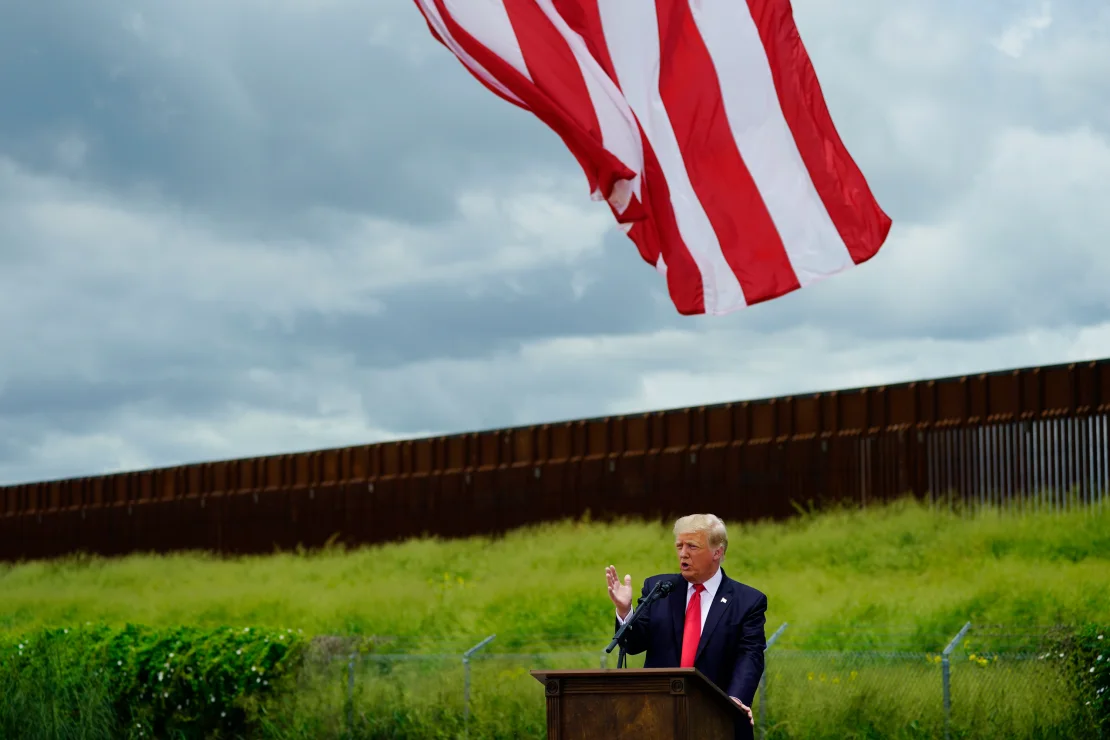As President Donald Trump embarks on his aggressive second-term immigration enforcement agenda, immigrant rights groups are rising to the challenge, mounting a coordinated resistance to the sweeping policies being enacted. These new directives, which include increased deportations, enforcement actions, and the potential crackdown on local jurisdictions that resist federal immigration efforts, have sparked intense debates and deep concern within immigrant communities. In response, grassroots organizations are pushing back with a blend of legal preparedness, community solidarity, and a clear message: they will not be silenced by fear.
The Climate of Fear and Anxiety
In the days following Trump’s inauguration for a second term, Angelica Salas, executive director of the Coalition for Humane Immigrant Rights (CHIRLA) in Los Angeles, shared a recurring question her office receives from anxious immigrant families: “What will happen to our children if we are detained or deported?” This fear is a stark reflection of the policies that have already begun taking shape, with family separation once again looming large over undocumented immigrants and their children.
During CHIRLA’s “Know Your Rights” forums, discussions frequently revolve around practical matters: Can undocumented parents safely send their children to school? What should they do if ICE agents show up at their businesses? How can they ensure their family’s safety if they are suddenly deported? These concerns, while not abstract, are deeply personal and critical to the families navigating this uncertain landscape.
Salas underscores the importance of preparation. She advises undocumented individuals to document their legal information, fill out Caregiver’s Authorization Affidavits for their children, and ensure their families have contingency plans in case of detention. This is not just legal advice—it’s practical survival in a climate where raids could occur without warning.
The Emerging Trump Enforcement Strategy
Trump’s administration has positioned its ramped-up immigration enforcement as a necessary correction to what it perceives as lax policies under President Biden, which allegedly opened the doors for undocumented immigrants to flood into the U.S. Immigration and Customs Enforcement (ICE) actions have been framed as crucial to national security, with recent mass sweeps targeting immigrant communities in major cities like Chicago, Los Angeles, and Austin. Under these new directives, ICE field offices have been ordered to make a minimum of 75 arrests per day, signaling an aggressive escalation of efforts to deport undocumented individuals.
This offensive represents only the beginning of what may be a sustained and intensified campaign, leading immigrant advocates to react swiftly and in unison. Immigrant rights groups across the country have organized rapid-response teams—comprising lawyers, community organizers, and videographers—who are ready to mobilize at a moment’s notice to monitor ICE raids, provide legal counsel, and document the actions to inform the public.
For instance, in Chicago, during the latest enforcement sweep, local immigrant advocacy groups quickly deployed teams to track the enforcement operations. These teams serve a dual purpose: assisting families who may be caught in the crosshairs and shedding light on the potentially brutal consequences of such heavy-handed actions, forcing a broader conversation about whether this is the kind of America people want.
Mobilization and the Pushback
Though the Trump administration’s policies are significant in scope and ambition, immigrant advocates believe in the power of collective resistance. In places like Los Angeles, organizations such as CHIRLA are not only helping immigrant families prepare for the worst but are also encouraging local officials to resist full cooperation with federal enforcement actions. Immigrant advocacy leaders like Salas emphasize that local governments, schools, and hospitals have a duty to protect their communities from unjust actions. With the administration’s aggressive stance on prosecuting any local officials who obstruct enforcement, this clash of priorities has the potential to escalate into a larger confrontation.
As part of this mobilization, CHIRLA has focused on educating parents about the importance of legal documents such as the Caregiver’s Authorization Affidavit, a tool that allows someone else to step in and care for children if a parent is detained. In some communities, like the Robert F. Kennedy Community Schools in Los Angeles, immigrant parents are being educated about their rights and prepared for the potential trauma of family separation.
A Growing Divide
As Trump’s administration continues to push for more stringent immigration enforcement, the nation’s immigrant advocacy organizations are not sitting idle. With a network of support built on rapid-response teams and local community outreach, they aim to counteract Trump’s policies through education, resistance, and legal advocacy. However, the administration’s heightened enforcement measures will undoubtedly test the resilience of immigrant communities and their allies.
Salas and others in the immigrant rights movement acknowledge the challenges ahead but remain steadfast in their commitment to protecting human rights. “They cannot defeat us with fear,” Salas reminded her audience. In the face of what many consider to be an existential threat to immigrant communities, the mobilization is just beginning. The real question is whether America will choose a path of inclusivity and protection, or whether this new wave of harsh enforcement will redefine the future of immigration policy for years to come.
